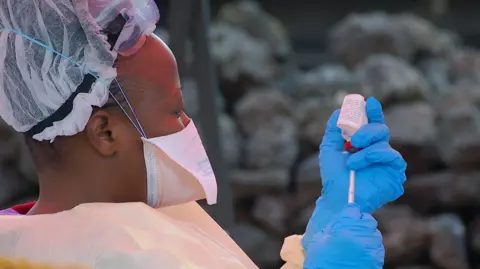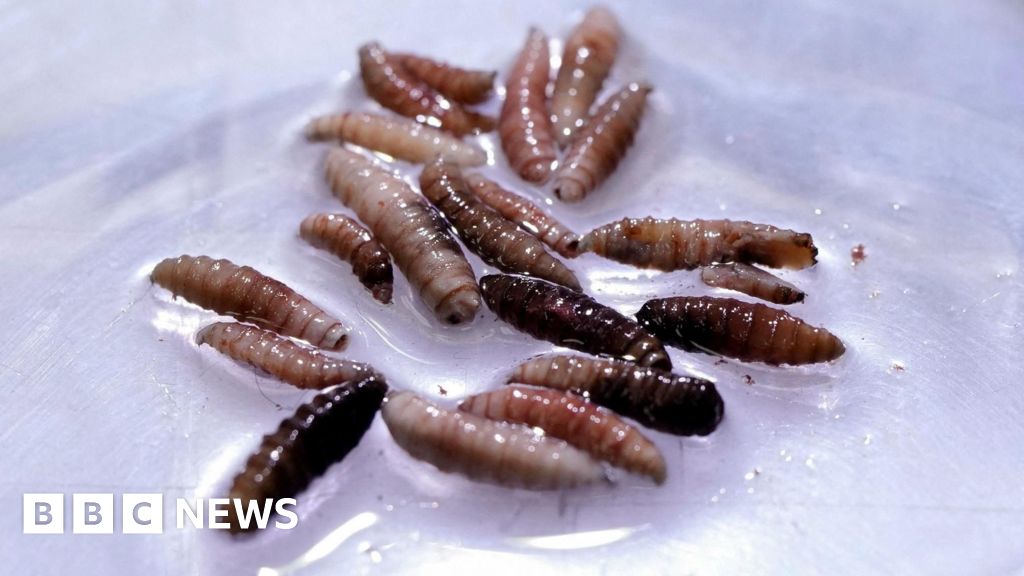In fiery Senate testimony this week, U.S. Health Secretary Robert F. Kennedy Jr. once again set his sights on the nation's top public health agency, the Centers for Disease Control and Prevention (CDC).
His appearance came days after he suddenly fired the new CDC director, Susan Monarez, prompting the resignation of a group of senior staff in protest.
During the hearing, when asked for an explanation, Kennedy claimed he had asked Ms. Monarez if she was a trustworthy person, to which she replied no, drawing disbelief from his opponents in the room.
He then admitted he once described the CDC as the most corrupt agency in government, strongly suggesting he plans to continue his efforts to shake up the organization.
Kennedy's testimony has sparked furious backlash, with many doctors and scientists increasingly concerned that America's public health systems are being dangerously compromised.
It's a conflict that could significantly impact health policy in the U.S. and across the globe. Historically, the CDC has played an instrumental role in global health, responding to crises ranging from famine to HIV and Ebola.
Founded in 1946, the CDC tracks emerging infectious diseases and addresses chronic conditions like heart disease and cancer. Despite operating more than 200 specialized laboratories and employing approximately 13,000 people, the agency has seen a reduction in its workforce by around 2,000 since President Donald Trump's administration.
Though the CDC does not approve or license vaccines, it does produce official recommendations on vaccine recipients through a panel known as the Advisory Committee on Immunization Practices (ACIP), and monitors safety concerns.
Vaccine Dispute
Kennedy's record on vaccines raised alarms when he took office in February. Activist group Children's Health Defense, which he led for eight years, has repeatedly questioned vaccination safety and efficacy.
In his previous statements, he referred to the COVID-19 jab as the most deadly in history and erroneously tied rising autism rates to vaccines, a claim debunked by extensive research.
The situation escalated when it was revealed he hired noted vaccine critic David Geier to re-examine the CDC's vaccine data. In June, he unexpectedly dismissed the entire ACIP panel, accusing its members of having persistent conflicts of interest, placing the group under new leadership more aligned with his views.
These changes are linked to Monarez's firing just 29 days after she took office. In her defense, she stated that she was instructed by Kennedy to pre-approve the ACIP recommendations, which she believed had been infiltrated by individuals with antivaccine rhetoric. Monarez expressed concern over the potential consequences, stating, I lost my job; America's children could lose far more.
During his testimony, Kennedy stood by his decision, calling Monarez's ousting absolutely necessary while expressing the need for bold, competent, and creative new leadership at CDC. As a result, several key figures within the agency have also resigned, contributing to the loss of trust in its leadership.
Kennedy's perceived inadequate response to a recent shooting at the CDC's Atlanta headquarters further fueled criticism. The assailant, who believed the COVID vaccine had harmed him, shot a police officer before taking his own life. Kennedy did not meet with staff during his visit to the agency afterward.
Global Repercussions
The CDC's influence extends far beyond U.S. borders. On September 18, the agency's new vaccine advisory panel will convene to evaluate COVID and other vaccinations, including those for hepatitis B and RSV, making their recommendations critical for global health.
As former WHO director Anthony Costello emphasized, What happens in America is of great importance. Concerns linger among public health experts about the implications of a politically influenced CDC on global health preparedness.
Former CDC staffers warn that dismantling the agency's programs has severely weakened the U.S. readiness for another pandemic, which might have substantial international consequences.
In a politically charged environment, how the CDC manages its upcoming guidance will be paramount, both for the U.S. and throughout the global landscape of public health.



















